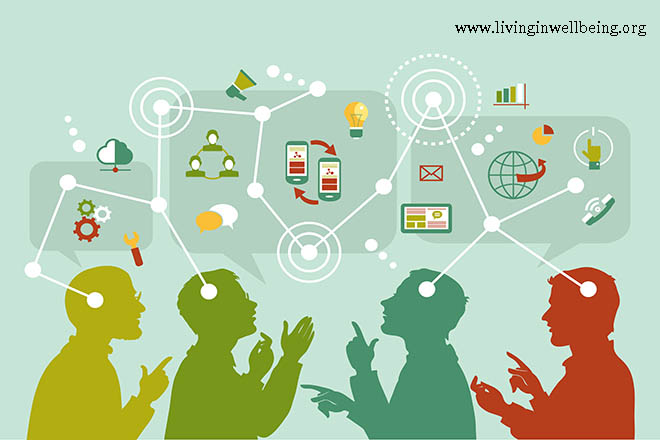
For many people, communication is all about speaking. However, if those words remain unheard or cannot be understood by the listener the speaker has simply been talking. That there are so many self-help sources offering suggestions on how to develop communication skills is evidence the art remains mysterious.
Communication is, to all intents and purposes the exchange of information between people. Archbishop Rowan Williams said "Bad human communication leaves us less room to grow." Hence, unless one has developed a degree of communication skills, it is impossible to really be successful in any endeavour. Here are a few of the most basic fundamentals on how to develop communication skills.
Voltaire once said, "If you wish to converse with me, define your terms." When communicating with someone else it is vital, first and foremost to understand what it is that you are trying to say. Stick to the point you are trying to make and don't confuse the listener with unnecessary information.
When communication involves conflict, where passion may be persuasive, unchecked emotions can be perceived as offensive. Separate your emotion from the discussion and while focusing only upon the message you are trying to convey, calmly encourage the other person to do the same. To avoid misunderstandings ask questions. This will clarify what the other person is telling you, clarify what they have taken your words to mean and make them feel that they are being listened to.
A great way to improve your ability to communicate is to develop your listening skills. According to an ancient Argentine proverb, "Who speaks, sows; who listens, reaps. True skill in communication is being able to listen with the same enthusiasm with which you speak.
In the words of Heinrich Heine, "Talking and eloquence are not the same. To speak and to speak well are two things."It is important to be articulate in your communication and to respect the person with whom you are speaking.
Don't lie to win your case. In his inaugural address, President John Kennedy said, "Sincerity is always subject to proof." If in the course of the discussion, you are asked a question to which you do not know the answer see this as an obstacle but an opportunity to learn how to develop your communication skills further. Be brave and admit you do not know and offer to find out. Not only will you gain the person's respect by your willingness to learn on their behalf but will inspire trust in what you say afterward.
President Kennedy said, "If we are strong, our strength will speak for itself. If we are weak, words will be of no help." Therefore, the biggest secret in how to develop communication skills starts with understanding that when a tree falls and no one hears it the sound it makes is meaningless.












